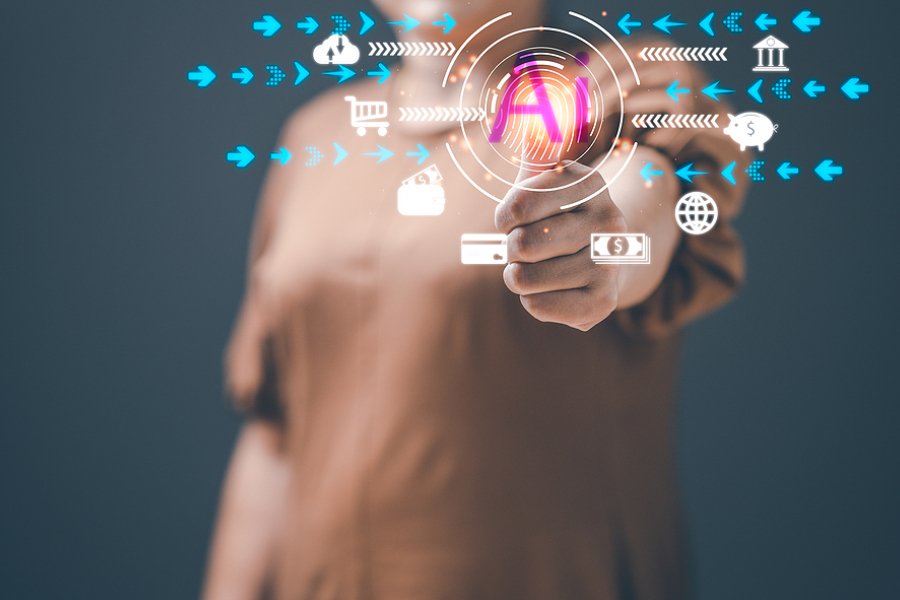- trailerrental
- 0 Comments
- 341 Views
Artificial Intelligence (AI) is a rapidly evolving technology utilised in almost every industry you can think of, now with the potential to revolutionise the construction industry. In recent years, AI has been leveraged in several areas of construction, including project management, safety, and automation, to create more efficient, safer, and cost-effective building processes. In this article, we will examine the use of AI in construction and its potential benefits.
1. Project Management
Construction projects are complex and require precise coordination of numerous tasks and activities. Managing these tasks can be a challenging and time-consuming process, which is why AI-powered project management software has become increasingly popular in the construction industry. These software systems use AI algorithms to analyse data such as schedules, costs, and resource utilisation, to help contractors make informed decisions and advance the overall efficiency of construction projects.
AI can even help identify project bottlenecks, predict potential risks, and provide real-time updates on project progress. This allows construction managers to respond quickly to any issues and make necessary changes to keep the project on track.
2. Safety
The construction industry is one of the most dangerous work environments, with a high incidence of accidents and injuries. To help improve safety on construction sites, AI has been used to automate safety checks and provide real-time monitoring of hazardous situations. AI algorithms can detect and analyse potential safety hazards, such as unsafe working conditions, equipment malfunctions, and dangerous materials, and alert workers and managers in real-time to take appropriate actions to prevent accidents.
For instance, AI can be used to monitor construction sites using cameras and sensors, providing accurate and timely analysis of safety conditions. This allows workers to quickly identify and respond to any safety hazards, reducing the risk of accidents and injuries. Additionally, AI can automate the examination of structures and materials, providing a more accurate and efficient inspection process that reduces the risk of human error.
3. Automation
AI has the potential to revolutionise the construction industry by automating many manual tasks. Firstly, it can be used to automate the construction process itself, reducing the need for manual labour and improving the speed and accuracy of construction. This can be observed in the AI-powered robots and drones laying bricks, pouring concrete, and performing other traditionally manual undertakings.
AI can also be used in construction to automate other manual tasks, such as site surveys and project planning. For example, AI algorithms can analyse data from site surveys and aerial imagery to produce 3D models of construction sites, reducing the need for manual surveying and improving the accuracy of project planning.
This leaves human workers with plenty of time and energy to focus on more complex tasks, which leads to improved efficiency and reduced construction costs.
Conclusion
AI technology has already shown great promise in the construction industry. As AI technology continues to advance, the construction industry will likely see even greater adoption of AI in the future. The use of AI in construction has the potential to improve project management, safety, and automation, leading to increased effectiveness, reduced costs, and improved safety for workers. Hence, with AI, the construction industry can look forward to a more efficient, safer, and cost-effective future.
Automation and digitisation extend to everything – including booking a tipper truck, lorry crane and trailer online in Singapore. With JustGo, a groundbreaking online truck booking app, all your tipper truck needs can be fulfilled at the touch of a button. Contact us today to learn more.
You can also download our app to find out more!





